My Sister: Fierce Competitor and Battle Buddy
Written by |
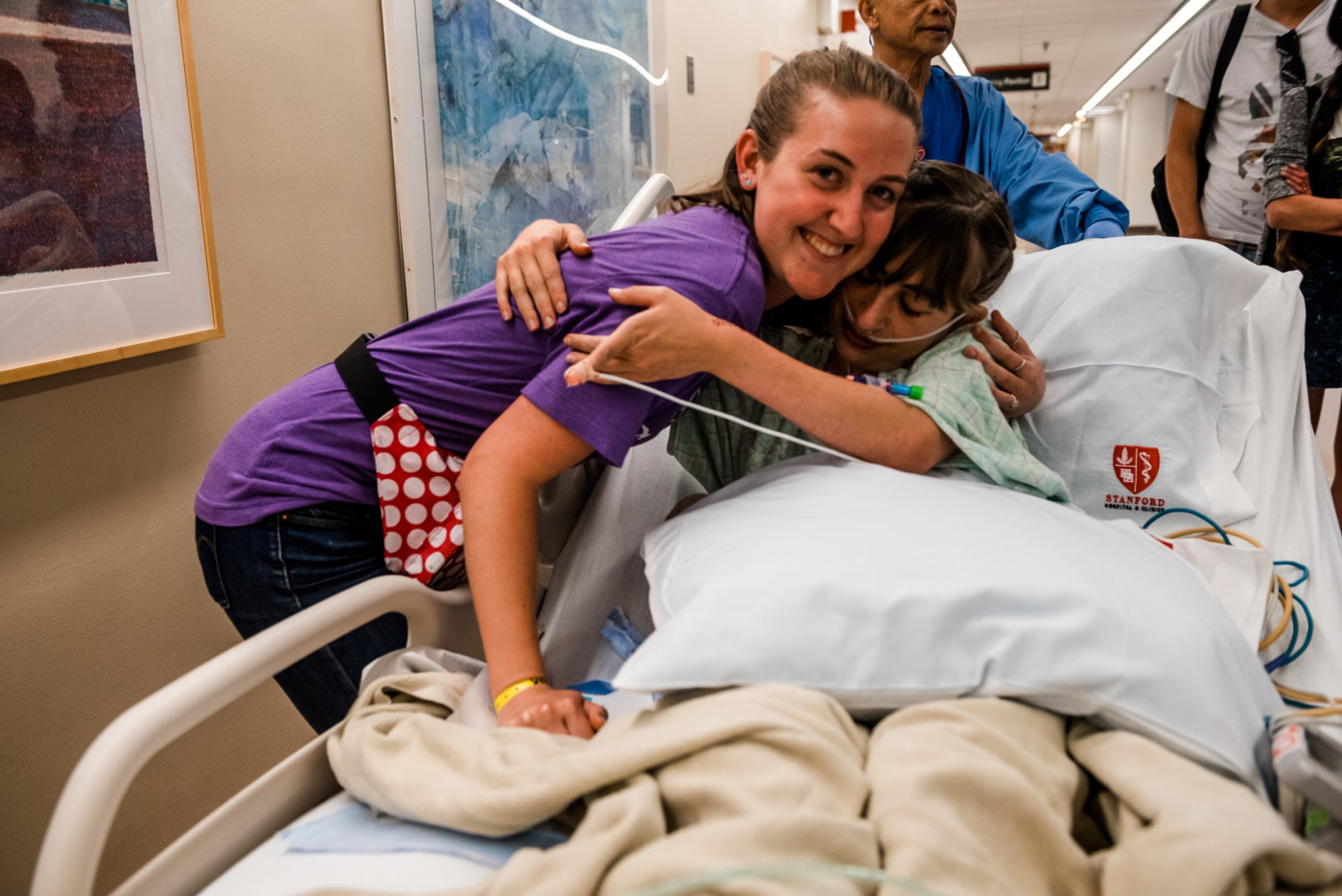
(Courtesy of Kathleen Sheffer)
My sister and I fell asleep in our flannel nightgowns as my mom drove our minivan the 14 winding miles home. Dad was on a work trip, and we’d spent a full day enjoying the treasures of our adoptive grandmother Verna’s home. Not wanting to disturb my sleep, my mom readied herself to carry me into the house.
She grabbed the custom-sewn backpack from my lap and tossed it over her shoulder. Blood soaked my nightgown, squirting over the car and my favorite stuffed animal. She’d miscalculated, expecting the full length of plastic extension tubing connecting the catheter in my chest to the pump in my backpack. That night I’d neglected to unwind the coils of tubing around my pump cartridge, a habit I’d developed to keep it from snagging while I was active during the day. My catheter snapped above the built-in clamps, discharging blood, and discontinuing the flow of intravenous Flolan (epoprostenol), the medication that was keeping me alive.
My mom rushed inside to dial 9-1-1 as I pulled a worn sandwich bag from my backpack. I found the emergency plastic scissors tucked inside with a pair of AA batteries and a laminated instruction manual, and clamped off what remained of my tubing.
Paramedics filled our kitchen, surrounding me while I was perched on a stool holding the stub of my catheter. Intravenous Flolan has a six-minute half-life, so I felt withdrawal from a discontinuation almost instantaneously. We had a plan in place for just this sort of crisis. The ambulance transported me to the emergency room nearby where the staff started a peripheral IV to get the medication back into my system as quickly as possible before beginning to repair the catheter.
Ask questions and share your knowledge of PH in our forums.
And my sister, Monica? You’d forgotten about her, too, hadn’t you? She spent the night at a neighbor’s house, worrying about me, and wishing she had her mom.
Monica was 4 years old when I was diagnosed. Most of my adult friends still don’t understand what pulmonary hypertension is, but my sister had to grow up learning about it, one crisis at a time. My parents and I left her out of the loop on most things. Sometimes we felt it was for her own good, but more often than not, we were too absorbed in our own fears to find a way to explain the scary thing that was happening.
When we traveled to Europe together after my college graduation, I could see how much Monica had learned on her own. She got it. She insisted on carrying both our suitcases and my portable oxygen concentrator wherever we went. When I caught a cold in Barcelona, she fetched snacks and beverages while I rested in the hostel. She didn’t complain that we couldn’t fit more activities into each day, or that some days, I simply had to stay in bed.
Monica was 21 when I had my heart-lung transplant. She served as a caregiver and advocate alongside my parents, providing them with much-needed relief, and me with companionship at a time when I had very little contact with anyone my age. We are best friends today, but that wasn’t always the case. Despite the efforts of our parents and many other loving adults in our lives, the injustices of chronic illness are inescapable.
Just under two years apart, we are close enough in age to make direct comparisons. We are competitive people, so it was as unpleasant for Monica to go through school in the shadow of my straight-A student reputation as it was for me to sit on the sidelines at her soccer games and swim meets. That makes us sound like a stereotypical jock-nerd dichotomy, but she’s now a PhD candidate and I spend all my free time at rock-climbing gyms.
Because the odds have always been stacked against my survival, my success draws more attention at every milestone. My parents were with me in the hospital the night of Monica’s 8th-grade awards ceremony, and she might never forgive me for the copious amount of gifts I received upon graduating high school. I would trade the attention to be healthy, I point out, but that doesn’t seem to help.
Maintaining a positive relationship with my sister has taken work. My chronic illnesses have led us to painful conversations about topics most siblings never discuss. We cry so many tears that we often wind up laughing at ourselves for our genetic capacity for emotion. Those painful conversations and all-out screaming matches have brought us to a place where we can love more deeply with greater understanding and empathy for each other.
Next week, we are traveling to Europe together again. I can carry all the bags, but Monica will have to scrub her hands more vigorously than ever before, dreading the slightest tickle in her throat. My immunosuppression regimen puts us on high alert for any sign of illness. We are adapting to a new condition with a new set of emergency procedures, but there’s still no one I’d rather have next to me in life’s bloodiest moments.
***
Note: Pulmonary Hypertension News is strictly a news and information website about the disease. It does not provide medical advice, diagnosis, or treatment. This content is not intended to be a substitute for professional medical advice, diagnosis, or treatment. Always seek the advice of your physician or other qualified health provider with any questions you may have regarding a medical condition. Never disregard professional medical advice or delay in seeking it because of something you have read on this website. The opinions expressed in this column are not those of Pulmonary Hypertension News or its parent company, Bionews Services, and are intended to spark discussion about issues pertaining to pulmonary hypertension.
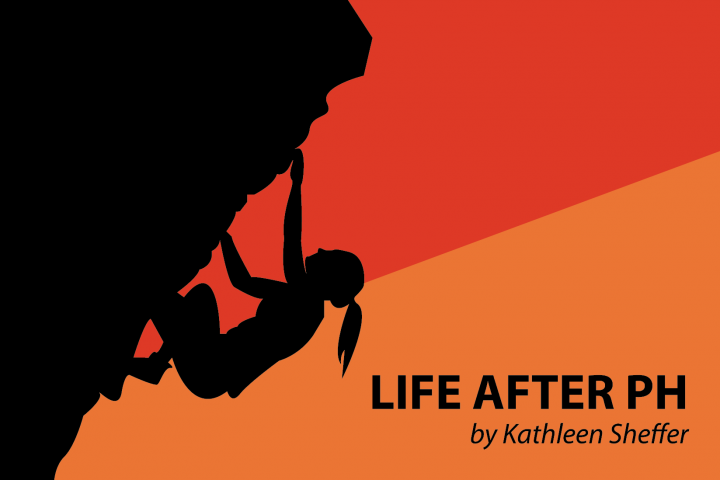
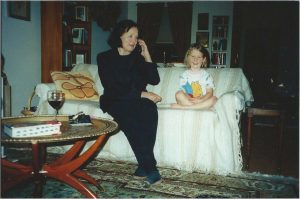
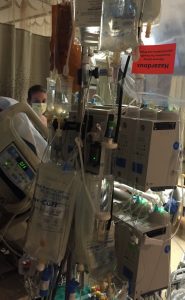
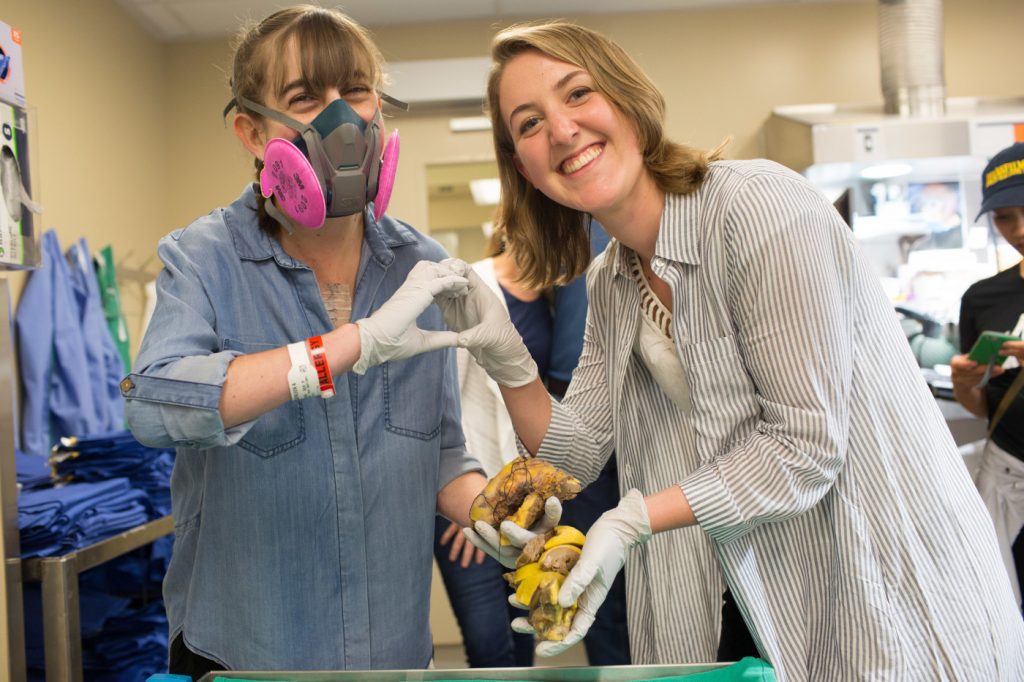




Leave a comment
Fill in the required fields to post. Your email address will not be published.